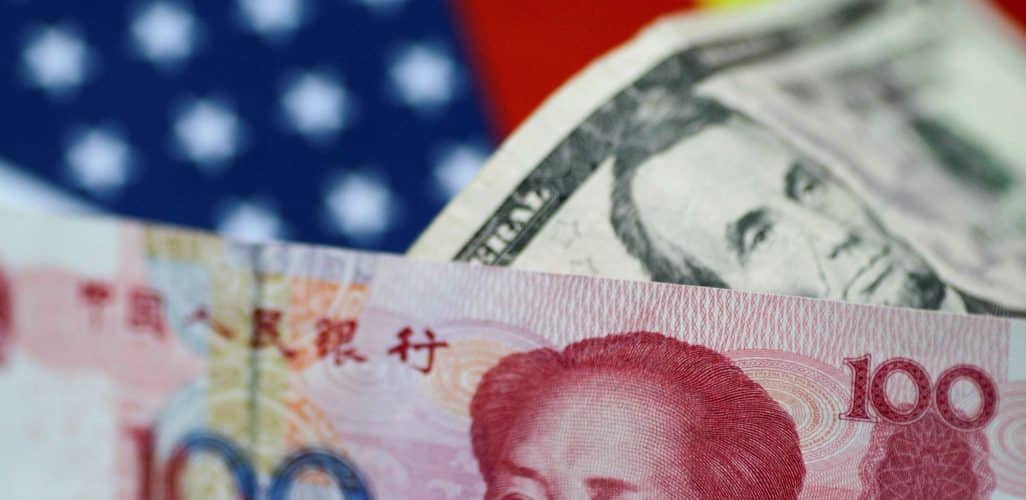Business Group suggest the US should concentrate on trade talks with China’s tech plans
Dan Harris who is a Seattle based lawyer working with the Harris Bricken which illustrates a US business in China said that for any US company technology transfer is one of the key issues with the leading technologies. Americans usually overvalue about how hard their technology is to copy, and they are merely so amazed to sell it to China.
In the time when there is an increasingly strong competition between the two world’s largest economies to lead the technology, the risks related to forced tech transfer and intellectual property theft has led to the forefront. China has also rejected publically about the tactics and claimed that it has lived up to the promises it made during the time of joining the World Trade Organization back in 2001.
US-China Trade War a timeframe from first tariffs to a 90-day agreement
Many spectators believe that the ability of the US and China will either break the trade talks or will make the trade talks if they agree on tech and IP matters, the trade talks between the countries are scheduled to continue during this week. The deadline for the talk is on March 1, 2019, that has been enforced by Washington, imposing higher US taxes have been intimated which could further cause danger to the global economy; the slowdown in the economy is already taking place.
US companies do believe that they can manage their technology; Harris mentioned that he is clearly going to inform the Chinese to make it to four although they have always considered it wrong. Chinese can make it to eight and can initiate by selling the product for half price.
Further, the US government confirms that the American Companies are pushed so much in exchange to access the Chinese markets.
During 2017 summer, the US President Donald Trump stated during a memorandum to his trade delegates regarding the Chinese laws that it motivates or demands the transfer of American technology and intellectual property to Chinese companies in China and also that these activities might hinder the United States exports, further reducing the reward to the United States citizens for the innovation work, shifting American jobs to workers in China, which will impact our trade losses with China and also American manufacturing sectors, innovations, and services.
Harris acclaimed that if you are a tech company, then it’s a big problem, yet should acknowledge the need and the scope which has been overstated by what Trump mentioned it to be. When Trump gave the statement that you cannot start a business in China without a joint venture or if you want to do business in China then you need to transfer technology both of these are 100 percent not true, since there are different modes to carry business out there.
In sectors like media, the internet and publishing which are deemed by China as a strategy, permitting foreign companies to work independently is a hard job. Businesses related to other companies may find out different options like by using a distributor or a selling quickly into China without making use of a local partner.
In a unique example during China’s opening up, the American electric vehicle manufacturer Telsa which is involved for years to construct a factory in the country without the help of local partner has just used other way to do it. The Singhai plant of Telsa might start part of its operations during the second half of 2019.
Meeting between the Trump and with Chinese President Xi Jinping which was held last month in Argentina on December 1, China outlined legislation strengthening its laws related to the foreign investment and also to tackle forced tech transfers.
But a big question remains is whether the law will be implemented or not. From 2010 China has dedicated itself to eradicate the aspects of technology transfer policy on at least eight different situations.
Harris further added that the main issue with China is that there is law, but it is not imposed.




